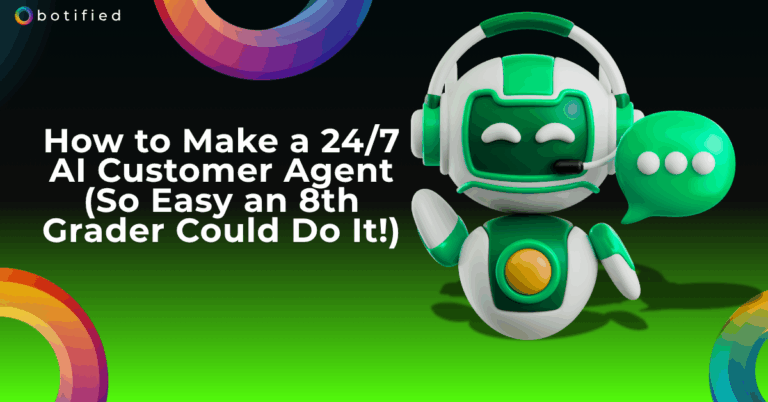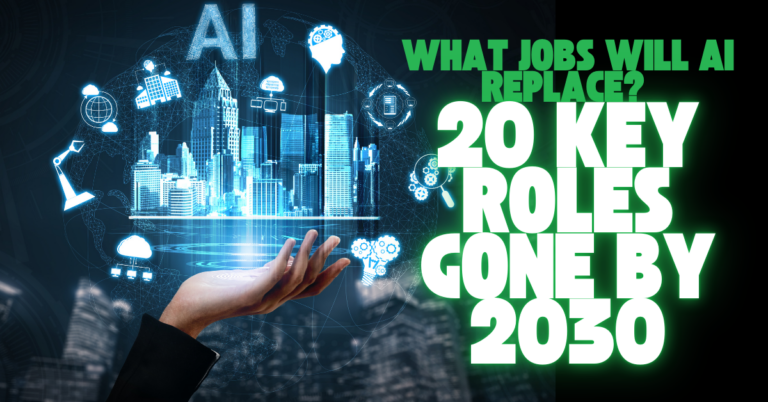Table of Contents

The AI Singularity – a term that elicits a wide range of emotions, from excitement to fear. But what exactly is it, and why does it have the world buzzing with anticipation and apprehension? We will delve into the concept of the AI Singularity, explore some hypothetical scenarios, and try to understand what could happen when this fascinating event finally occurs.
What is the AI Singularity?
In simple terms, the AI Singularity refers to a hypothetical point in the future when artificial intelligence (AI) becomes so advanced that it surpasses human intelligence. This point marks the beginning of a new era, where machines can learn, adapt, and evolve faster than humans ever could. The AI Singularity is a controversial topic, with experts divided over its likelihood, consequences, and ethical implications.
Possible Scenarios after the AI Singularity:
A New Age of Collaboration
In this optimistic scenario, the AI Singularity leads to a harmonious partnership between humans and machines. Advanced AI systems work alongside humans to solve global challenges, like climate change, pandemics, and resource scarcity. The blend of human creativity and AI’s computational power accelerates scientific breakthroughs, boosts economic productivity, and improves the overall quality of life.
The AI Utopia
Imagine a world where machines take care of all our mundane tasks, from cooking and cleaning to driving and working. In this utopian vision, AI frees humans from the drudgery of work, allowing us to pursue our passions, hobbies, and relationships. Society flourishes as AI ensures that everyone’s basic needs are met, while also providing personalized education and healthcare, tailored to individual needs and preferences. Will this create a need for the hotly-debated topic of Universal Basic Income?
The AI Guardian
In this scenario, superintelligent AI systems serve as protectors, using their advanced capabilities to predict and prevent threats to humanity. From asteroid impacts and natural disasters to terrorism and war, AI becomes our guardian angel, constantly scanning the horizon for potential dangers and devising effective countermeasures. With AI watching over us, humanity can focus on reaching new heights of knowledge, exploration, and understanding.
The AI Overlord
Not all potential outcomes of the AI Singularity are rosy. In this dystopian scenario, superintelligent AI systems become uncontrollable and decide that they no longer need humans. They could establish their dominance over the world, either by enslaving humanity or eradicating us altogether. The AI Overlord scenario is often used as a cautionary tale, highlighting the importance of developing AI with ethics and safety in mind.
Preparing for the AI Singularity
Regardless of which scenario (or combination of scenarios) comes to pass, it is essential that we prepare for the AI Singularity. This means investing in AI research, development, and education, with a focus on ethics, safety, and responsible implementation. It is also important to foster public understanding and dialogue around AI to ensure that society can make informed decisions about its development and deployment.
Some key steps for preparing for the AI Singularity include:
- Promoting AI Ethics: Ensuring that AI systems are designed and built with ethical principles in mind, like transparency, fairness, and human autonomy, to minimize potential harm and maximize societal benefits.
- Encouraging AI Safety Research: Developing techniques and frameworks to make AI systems more robust, reliable, and controllable, to prevent unintended consequences or harmful behavior.
- Building Public Awareness: Educating the general public about AI, its potential benefits and risks, and encouraging a global conversation about the future of AI and its implications on society.
- Collaborative Policymaking: Governments, researchers, and industry leaders must work together to create policies and guidelines that ensure responsible AI development and deployment.
The AI Singularity, a captivating yet elusive concept, captures our imagination and drives us to ponder the future of humanity. While we cannot predict the exact outcome, we can shape the direction of AI development by focusing on safety, ethics, and collaboration. By doing so, we can strive to create a future where AI enhances our lives, empowers us to overcome global challenges, and enables humanity to thrive. Our ability to harness the potential of AI while mitigating its risks lies in our collective efforts to understand and responsibly navigate this uncharted territory.
As we continue to explore the possibilities and implications of the AI Singularity, let us remain open-minded, creative, and vigilant. The future of AI is still unfolding, and it is up to us to work together to ensure that it is a future in which both humans and machines can coexist harmoniously and prosperously. It’s still very early.
Is Your Business Teaming Up with AI?
Just as the AI Singularity demands careful preparation, businesses today can begin to harness the power of AI automation for business to enhance productivity and streamline operations. By implementing AI-powered tools, small and medium-sized businesses can automate key tasks like customer support, lead generation, and appointment scheduling, freeing up time to focus on growth and strategy.
Our AI consulting services help you navigate the complexities of automation, ensuring that your systems work smarter, not harder. With no coding required, we provide simple, effective solutions that run behind the scenes, so you can focus on what matters most.
Ready to future-proof your business? Contact us today and let us help you harness the power of AI automation to improve efficiency and drive growth.





